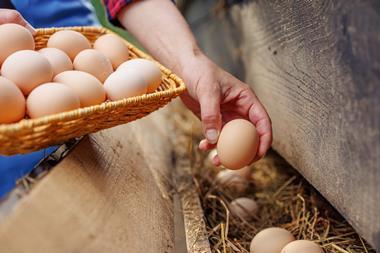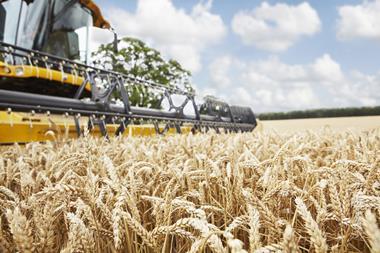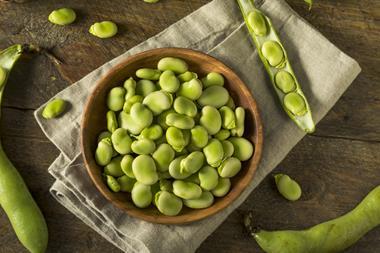Britain’s biscuit manufacturers face wheat sourcing issues as the quantity of soft wheat plantings continue to fall.
Growers are being urged to consider planting Group 3 soft wheats - used to produce flour for biscuits and cakes – to prevent a supply crisis in the event of a poor or small crop.
Farmers have been favouring newer, higher-yield Group 1 or 2 wheats that are typically used for bread. This has resulted in a 65% drop in the amount of UK soft wheat available since 2002,
According to last year’s AHDB planting survey, Group 3 wheats accounted for just 5% of total wheat planted area, four percentage points lower than the previous year.
In contrast, Group 1 and 2 wheats together accounted for 31%, up from 23% the previous year. The majority of plantings continue to be Group 4 wheats used mainly for animal feed, although the proportion fell last year.
The issue is compounded as Group 3 wheats are available only in limited quantities outside the UK.
“We can’t import soft wheat like we can breadmaking or feed wheat,” George Mason, senior executive at the Northamptonshire-based miller Heygates told British Baker.
“We’ve gone from producing 8.5m tonnes to just 2m tonnes. Meanwhile, there’s rising demand to produce biscuit and cake flours, breakfast cereals, ethanol and the export market.”
“Consumption can’t just switch to other types of wheat as there would be production and quality issues. Accepting poorer-quality wheat in a challenging harvest is not what big food brands are about.”
Mason wants growers to reconsider soft wheats, especially Group 3s. “The seed breeders have recently introduced higher yielding Group 3 varieties which may well attract growers back into the soft wheat sector.”
































No comments yet